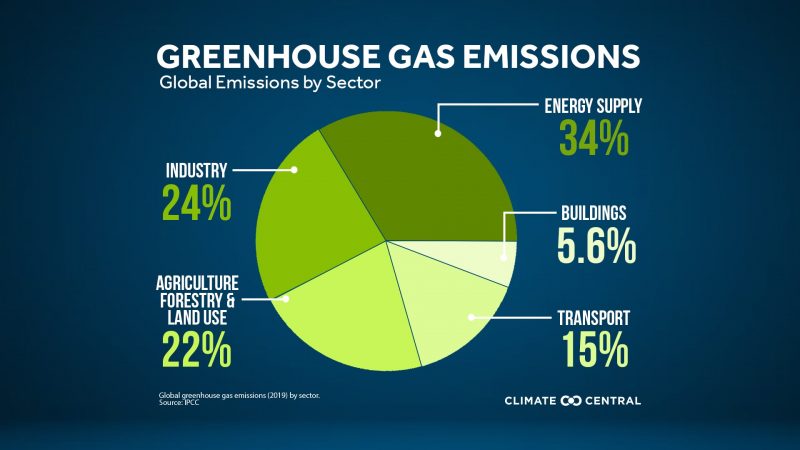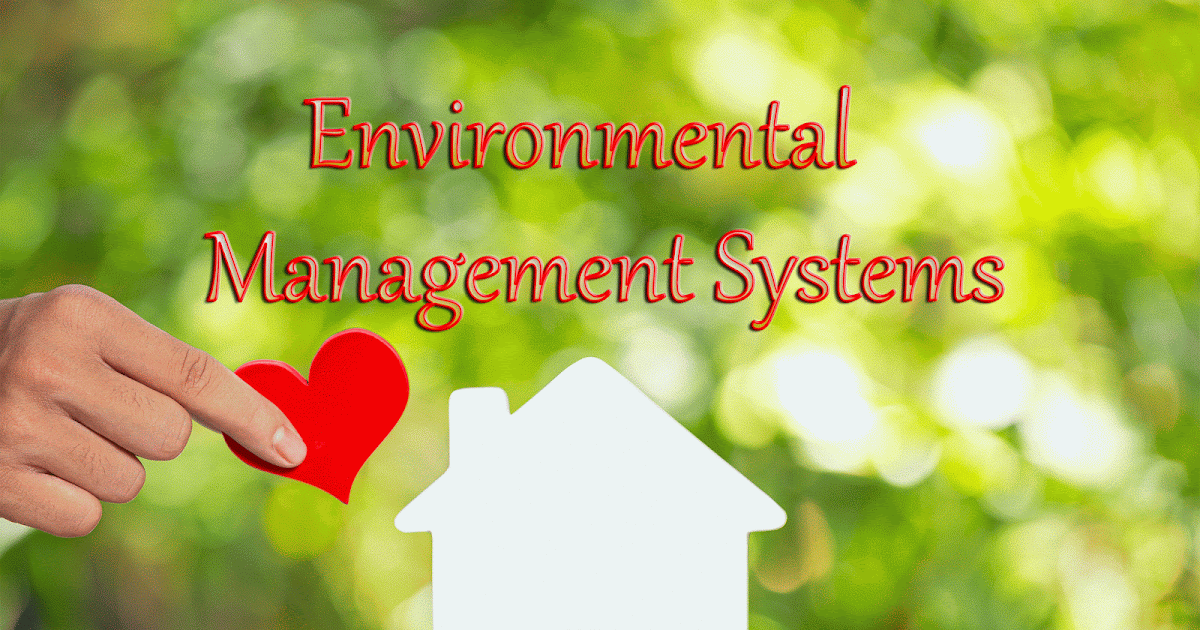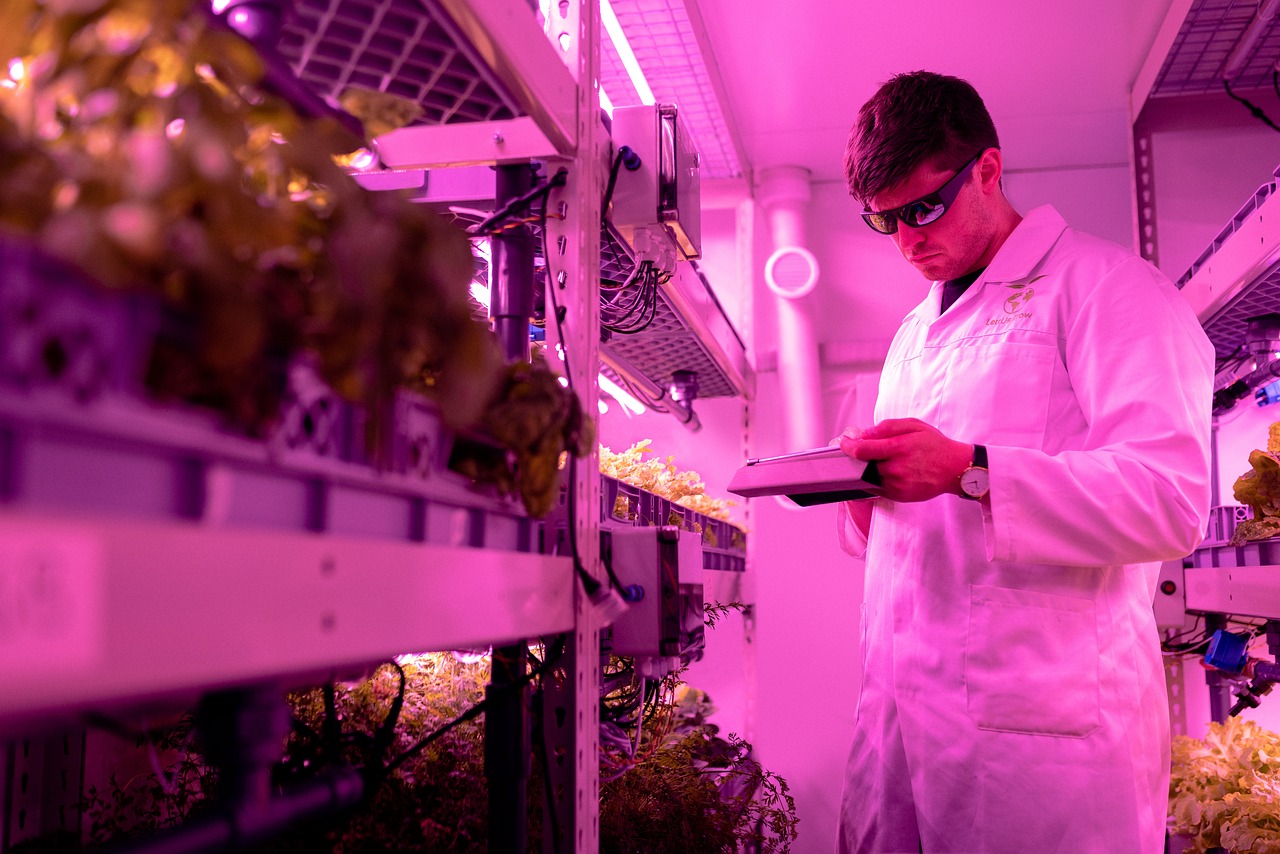Ethical Consumerism is a Conscious Choice for a Better World
Ethical consumerism, also known as conscious consumption or ethical purchasing, is a powerful movement that empowers individuals to make purchasing decisions based on ethical and social values. It goes beyond …











